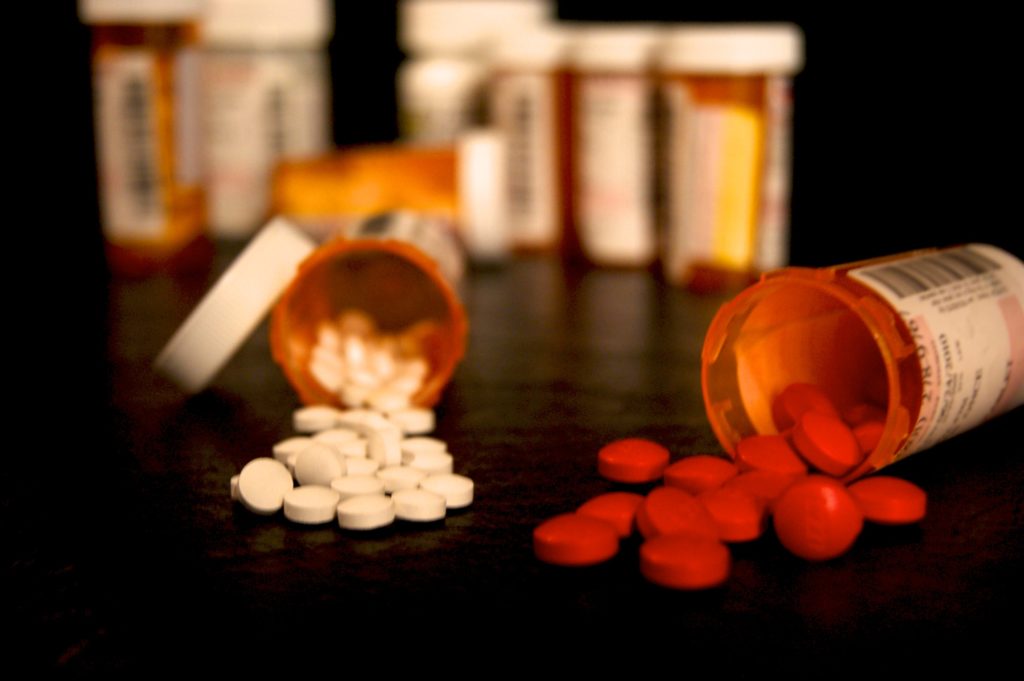
Substance Misuse and Addiction
What is Substance Misuse and Addiction?
Substance misuse is the harmful use of substances like drugs and alcohol for non-medical purposes. The term substance misuse often refers to illegal drugs but legal substances can also be misused, such as alcohol, prescription medications, caffeine, nicotine and volatile substances like petrol, glue or paint.
Addiction is a psychological and/or physical need for a substance, due to continued, regular use. Some substances are highly addictive while others are less addictive but the symptoms of addiction are similar no matter which substance is used.
Typical signs of substance misuse or addiction include:
- Neglecting responsibilities and activities you used to enjoy, like family, work, hobbies, sports or socializing
- Participating in dangerous or risky behaviors like unprotected sex, drink driving or using dirty needles
- Criminal problems like stealing, disorderly behavior or drink driving
- Relationship problems like arguments with partner, family, friends or losing friends
- Physical tolerance like symptoms of withdrawal when not using or needing more substance to experience the same effects
- Losing control of your substance use like unable to stop using, even if you want to
- Substance use takes over your life like spending a lot of time using, finding or getting drugs and recovering from the effects.
Why do people misuse substances?
People use drugs and alcohol for many reasons. We might use substances to have fun, relax, cope with or escape a problem or dull physical or emotional pain but using substances to cope with problems or numb your pain doesn’t make the problems go away and can make them worse. Also, you might come to depend on drugs or alcohol as a way of coping, rather than seeking help and finding more positive strategies and solutions.
How do substance misuse and addiction affect wellbeing?
Substance misuse and addiction can have short and long-term effects on your:
- Physical health – sleep problems, nausea, weight gain or loss, accidents, infections or chronic disease
- Mental health – anxiety, depression, paranoia or psychosis
- Personal relationships – arguments or relationship breakdowns
- Work and financial situation – job loss, debt, criminal problems or unemployment

What helps?
Recognize when your substance use becomes a problem – accepting and realizing that you are addicted to or misusing a substance is the first step in finding solutions.
- Get support – getting through substance misuse and addiction on your own is very difficult. Talking to friends, family members, your doctor or other health professionals about your substance use can help you to feel supported, assist and find appropriate treatment options in your recovery.
- Investigate treatment options – there are many ways to manage substance addiction or misuse, including some low cost or free options. Types of support include medication, counseling, rehabilitation centers, support networks, self-help programs and others. Talk to a doctor about available services, because everyone responds differently, so you may need to try a number of options to find what works for you.
- Find alternative coping strategies – often people use substances to escape or cope with other personal problems. Finding positive ways of managing problems and stress will help you to manage your substance use and prevent relapses.
- Dealing with setbacks – recovery from substance addiction is a long road and sometimes you may experience setbacks. Rather than feeling like a failure or giving up following a relapse, as quickly as possible, try to get back on the positive way. It also helps to figure out what triggered the relapse and how you can change your behavior in the future.
